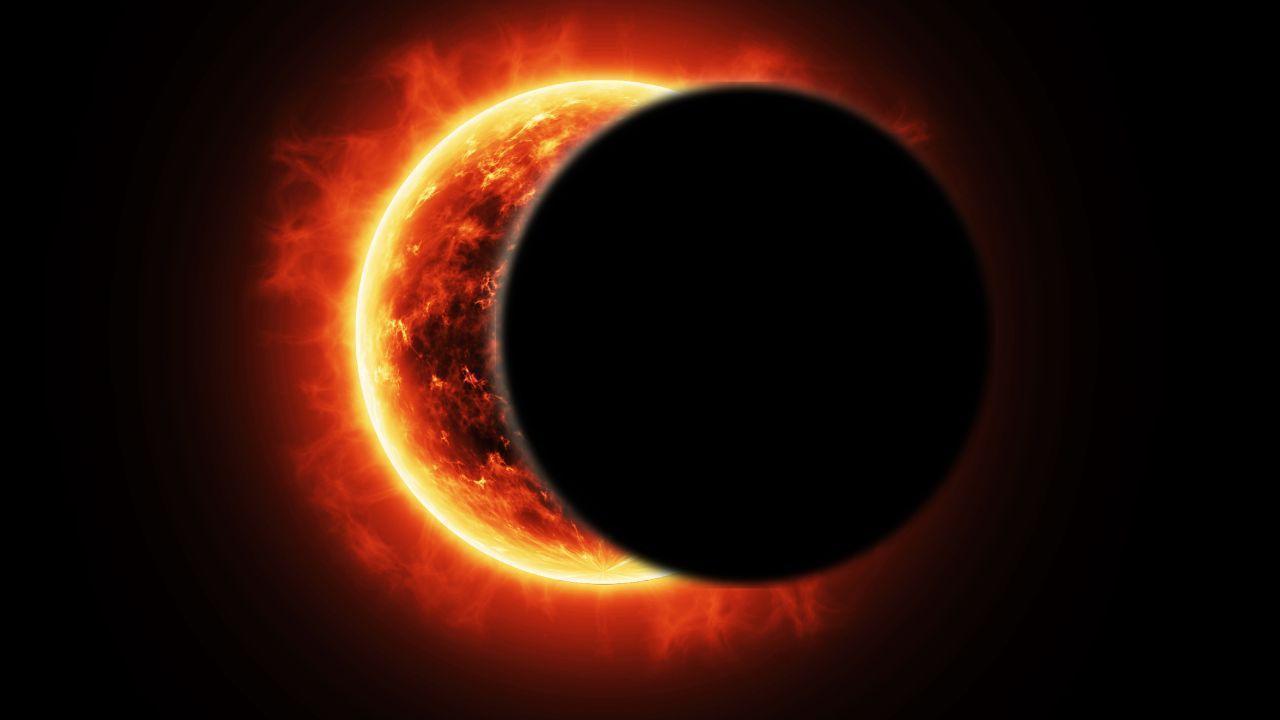
Post by : Mumtaaz Qadiri
The final solar eclipse of 2025 will occur on 21 September, and it will be a partial solar eclipse. This event is scientifically important and also has cultural and astrological significance in many parts of the world. However, this eclipse will not be visible in India, which means people in the country will not follow traditional eclipse-related practices.
Date, Timing And Peak Of Eclipse
The solar eclipse will begin at 10:59 PM IST on 21 September and will end at 3:23 AM IST on 22 September. The peak of the eclipse will take place at 1:11 AM IST. Although these timings are recorded in Indian calendars, the eclipse will not be seen directly in India.
Where The Eclipse Can Be Seen
This partial solar eclipse will be visible across several regions in the Southern Hemisphere, including New Zealand, Australia, Fiji, Tonga, and Antarctica. People in these areas will be able to watch the Moon cover part of the Sun. For India and the rest of the Northern Hemisphere, the event will not be visible in the sky.
Impact On India And Daily Life
Since the eclipse will not be visible in India, there will be no impact on daily life or traditional practices. Normally, Indians observe eclipse rituals such as ‘Sutak’, fasting, and avoiding certain activities. But because this eclipse cannot be seen from the region, people in India will not follow these customs.
Astrological Understanding Of The Eclipse
In Indian astrology, solar eclipses are connected with the shadow planets Rahu and Ketu, which are believed to swallow the Sun during such events. Even though this eclipse cannot be observed from India, its timing is still recorded in astrological charts because eclipses are considered globally significant.
Scientific Explanation Of Partial Eclipse
A partial solar eclipse occurs when the Moon moves between the Earth and the Sun, covering only a portion of the Sun’s light. As a result, people in visible regions see the Sun partially blocked. This creates a unique view of the Sun, where it looks like part of its disk is missing.
Why It Will Not Be Visible In India
Eclipses are not visible everywhere on Earth at the same time. Their visibility depends on the path of the Moon’s shadow. For this September 21 event, the shadow falls on countries in the Southern Hemisphere. Since India is located in the Northern Hemisphere, the eclipse will not be visible there.
Following The Event From India
Even though it cannot be seen directly, Indians can still follow the eclipse online. Many observatories and space agencies stream solar eclipses live, allowing people worldwide to watch the event virtually. This gives science enthusiasts in India an opportunity to experience the eclipse despite the lack of direct visibility.
Cultural And Religious Significance
In India, eclipses are considered important moments with religious meaning. People often fast, pray, and perform rituals during solar eclipses. However, for this September 21 event, such rituals will not be observed since the eclipse will not be visible in India. Still, it remains an important global astronomical and cultural occurrence.
The final solar eclipse of 2025 will occur on 21 September and will be a partial eclipse. It will be visible across parts of the Southern Hemisphere, including Australia and New Zealand, but not in India. Therefore, Indians will not follow traditional eclipse practices. While it will not affect daily life in India, it remains an important scientific and cultural phenomenon, marking the end of solar eclipses for the year 2025.






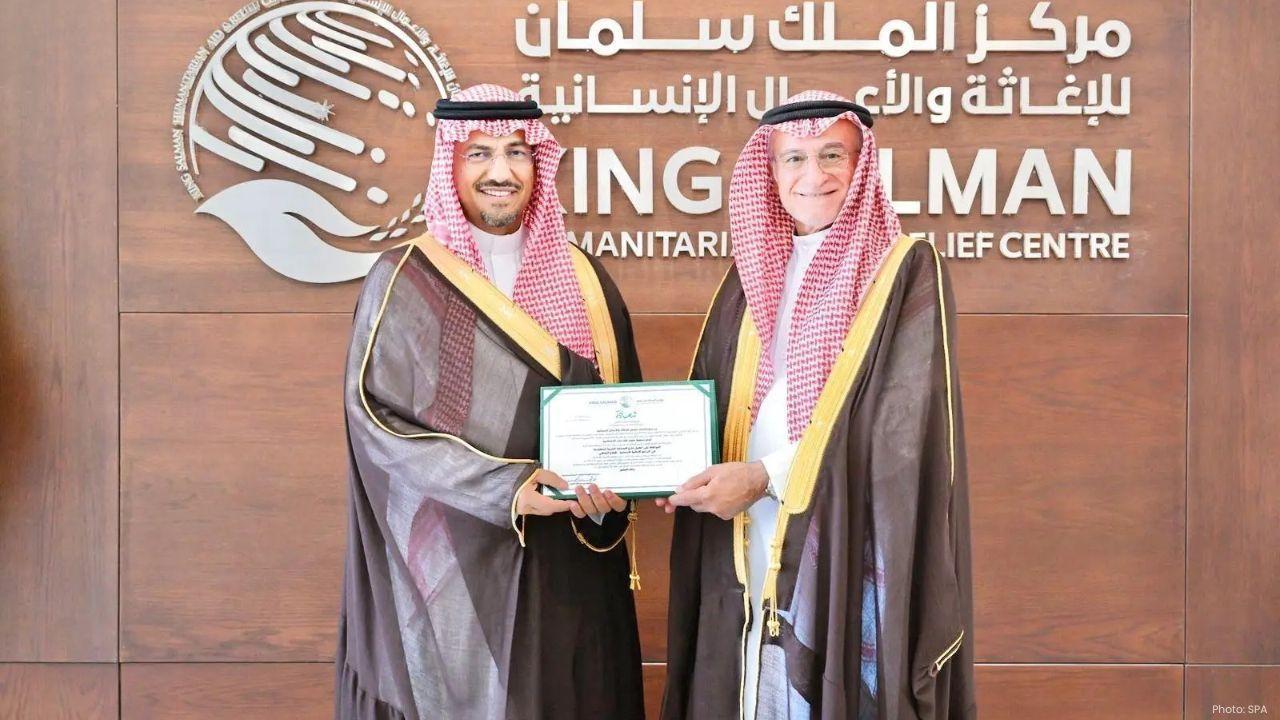



Final Solar Eclipse Of 2025 To Occur On September 21
The final solar eclipse of 2025 on September 21 will be partial, visible in the Southern Hemisphere
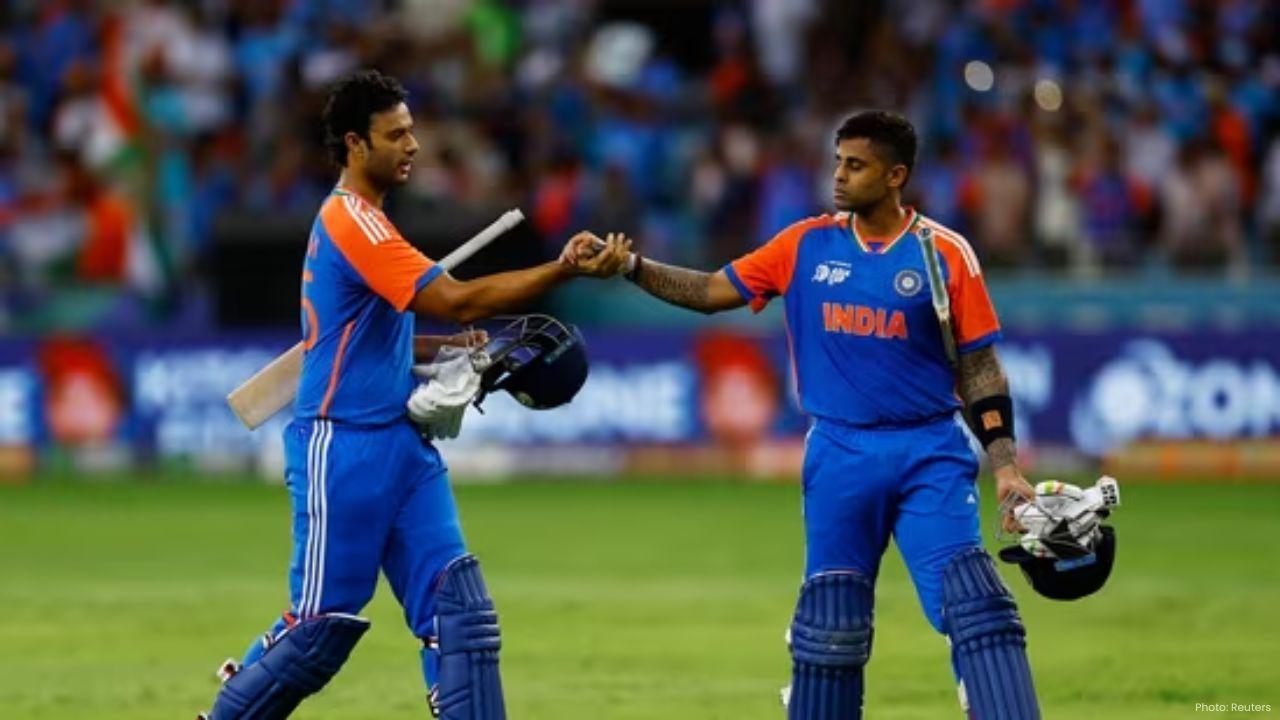
Suryakumar Yadav Focuses on Team, Avoids Pakistan Talks Ahead
India captain Suryakumar Yadav avoids Pakistan mentions, urges focus on team, and asks fans for supp
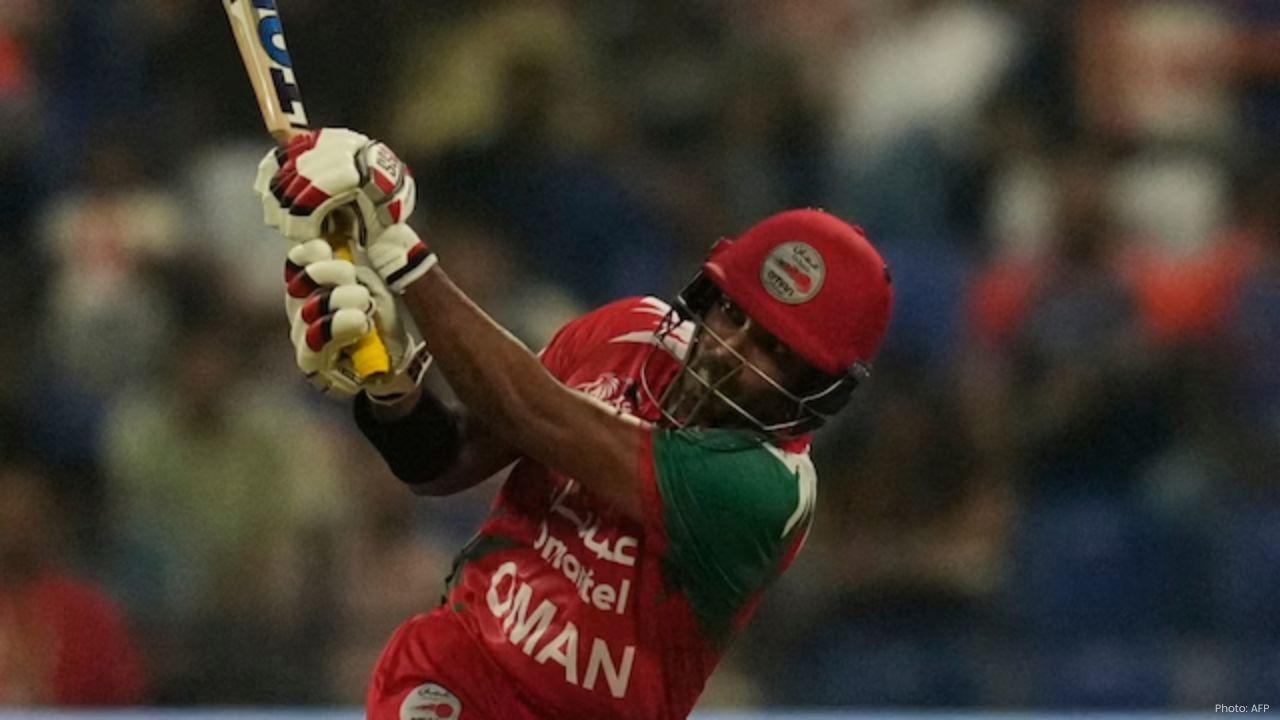
India's Asia Cup Win Over Oman Highlights Team's Strengths & Depth
India beat Oman by 21 runs in Asia Cup, with key contributions from Hardik Pandya, Abhishek Sharma,
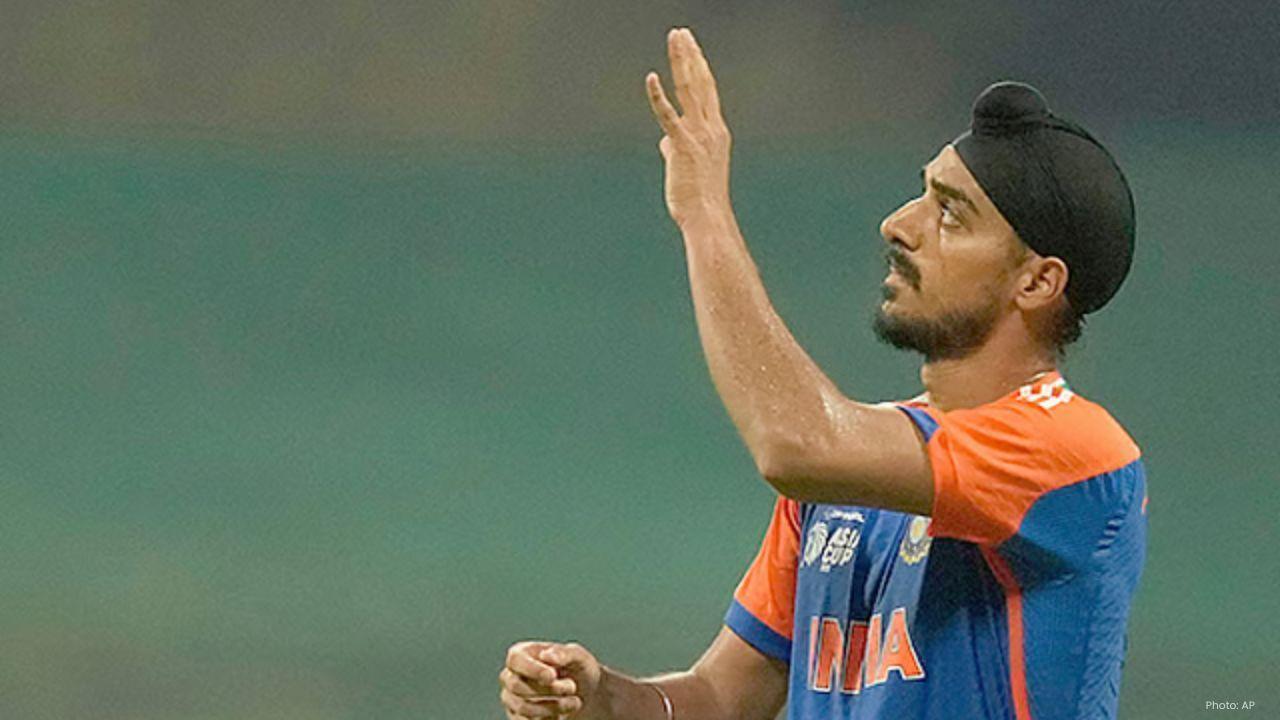
Arshdeep Singh Becomes First Indian Fast Bowler to 100 T20I Wickets
Arshdeep Singh becomes first Indian fast bowler to reach 100 T20I wickets, while Hardik Pandya equal
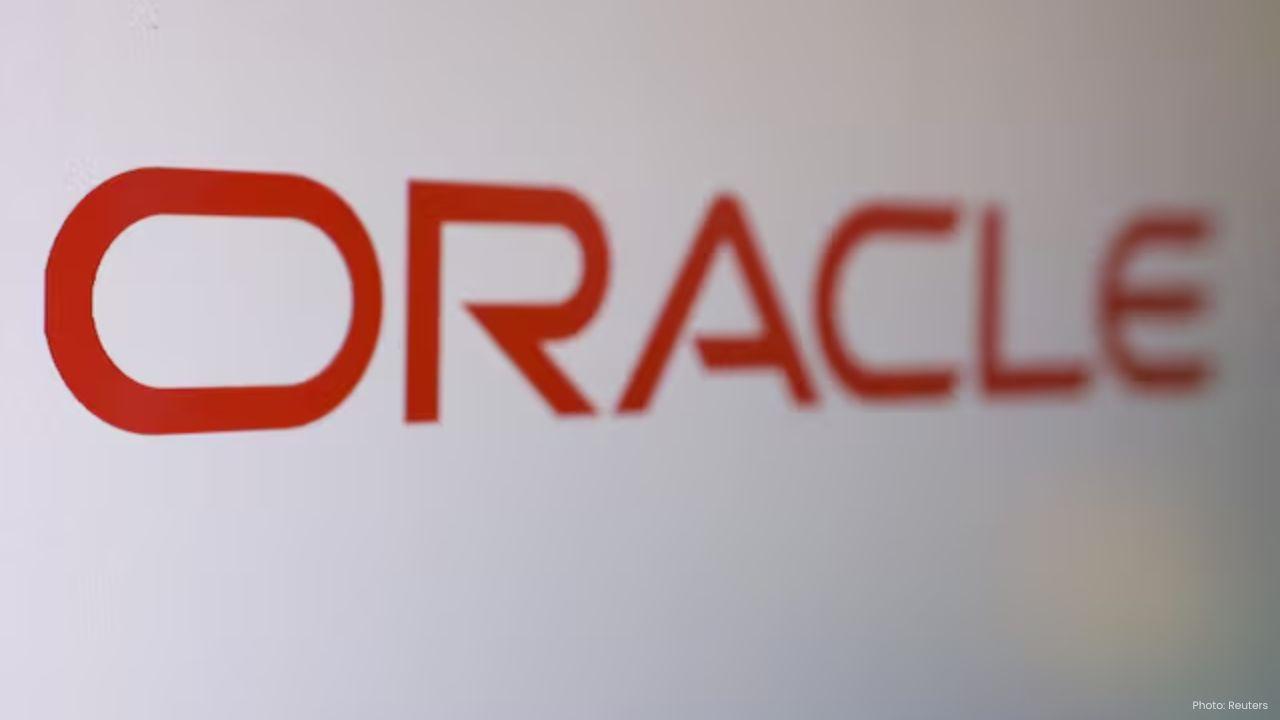
Oracle in Talks With Meta for $20 Billion Cloud Computing Deal
Oracle is negotiating a $20 billion cloud computing deal with Meta to support AI model training, mar

Alcaraz and Mensik Lead Team Europe to Doubles Win at Laver Cup
Carlos Alcaraz and Jakub Mensik help Team Europe beat Team World in doubles at the Laver Cup. Casper